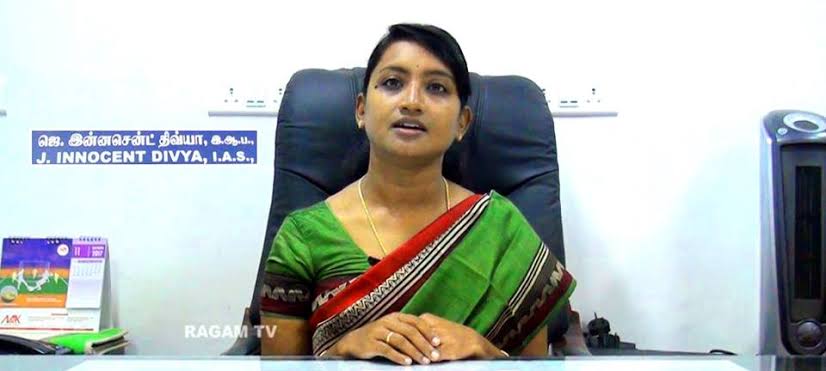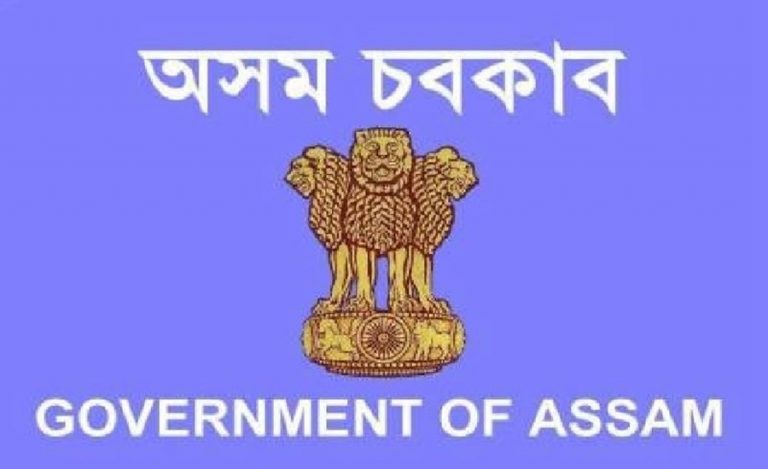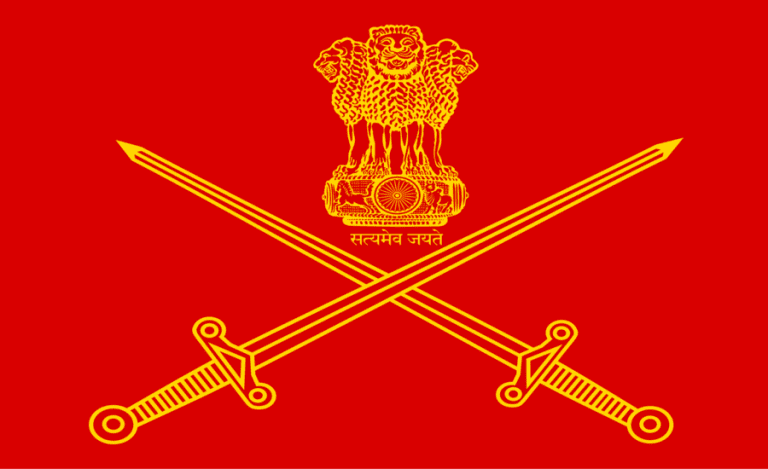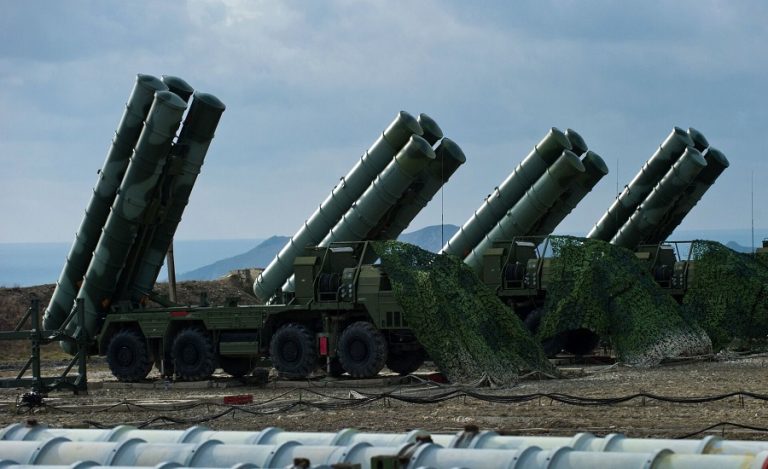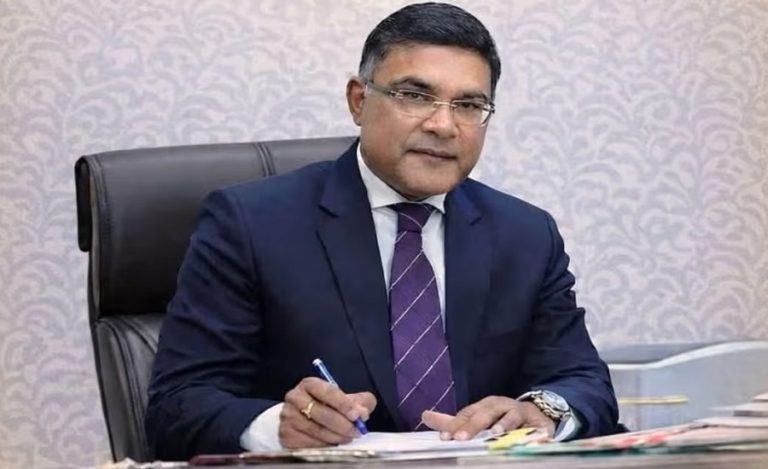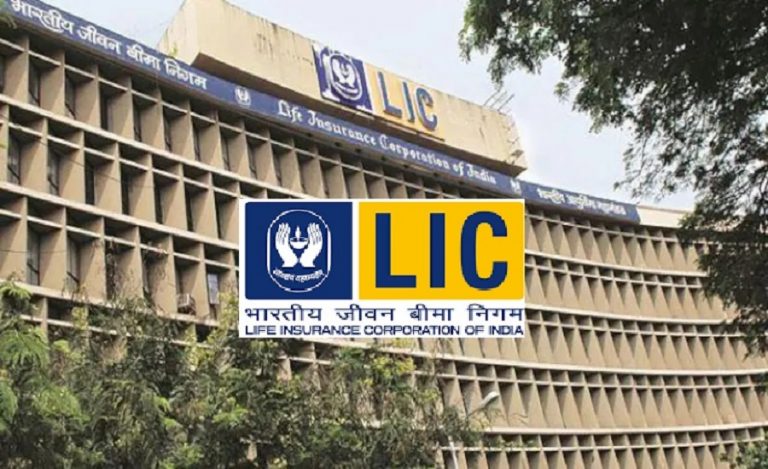The blue mountain ranges of Nilgiris, situated at the tri-junction of Tamil Nadu, Kerala and Karnataka, are a treat to the eyes. The Nilgiris Biosphere Reserve, a very important part of the belt, has already been declared as a UNESCO World Heritage Site. It is in and around this reserve that several aboriginals communities, which include six tribal groups, live.
In 2017, IAS officer Ms J Innocent Divya got her posting in the Nilgiris and decided that two issues required immediate attention. The first was to connect the tribes to the mainstream and the second to save the environment of this ecologically sensitive district. In just over two years, she has met with tremendous success on both these counts.
Speaking with Indian Masterminds , Ms Divya said, “Nilgiris forest is home to six primitive tribes. While two of these, Todas and Kotas have access to most amenities to live a decent life, others like Irula and Badaga lacks these facilities. To enable them to be a part of the mainstream, we had to first connect their villages with roads, and also provide them with houses and electricity. I am really happy to say that we have succeeded in that direction.”
Roofs Over Their Heads
Ms. Divya’s first move was to giving the tribals of Nilgiris access to roads and drinking water. After joining the office, she ordered the collectorate officials to do a survey around the forest areas, where the tribals lived. Based on their findings, she initiated the construction of roads. As of now, 95% of these areas have been connected with roads, while work is on for the remaining 5% areas.
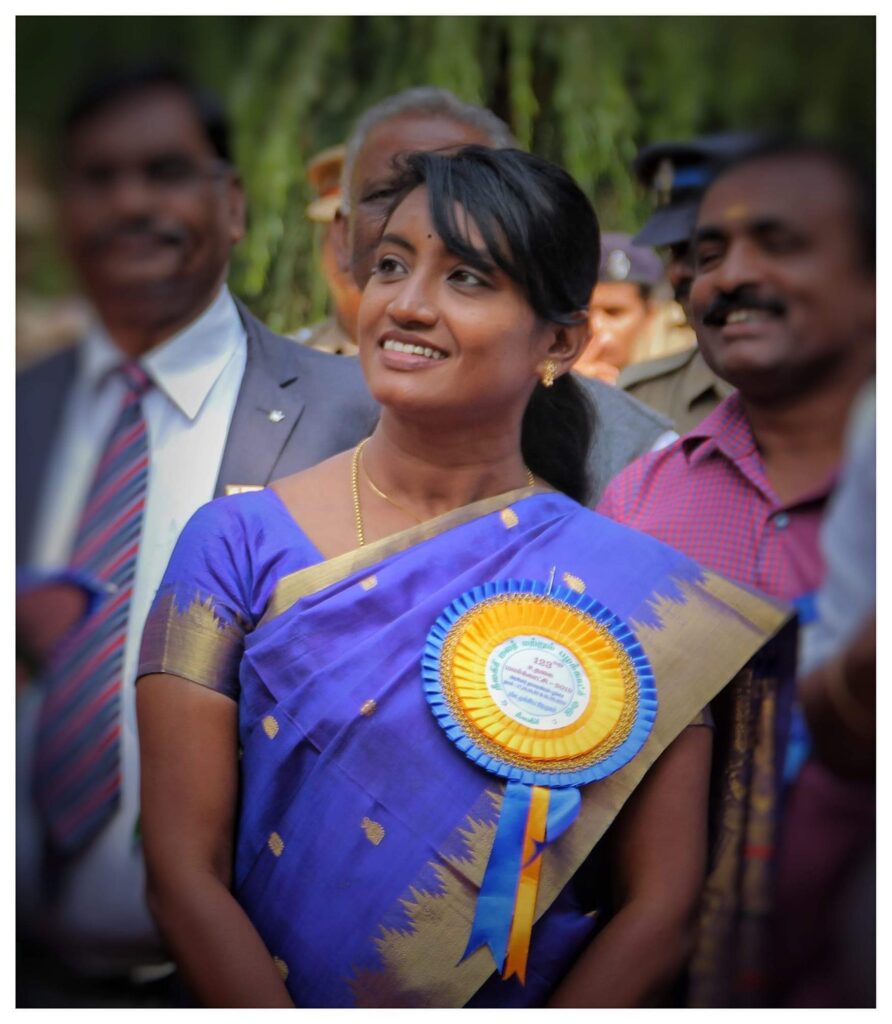
Apart from this the officer has also started the construction of houses for the tribes. With the help of various schemes of central and state government like PM AwasYojna or Green House scheme for the tribes, 1700 houses has been allocated for the tribes. Meanwhile, more than 500 houses are under construction. The collector’s team was also successful in providing electricity to the 780 houses for the first time. More works are being done to extend this initiative.
ITI for the Tribals
Two problems which dog the tribals constantly is lack of education and very few employment opportunities for them. Ms Divya is aware of these shortcomings. As she explained, “ There are a number of dropouts among tribals, and it is really hard to convince them for enrolling again. Besides, generating employment for them is also a big issue, mainly because these people do not want to move out and try their luck in the cities. So, the trick was to ensure and arrange work for them in their villages.’’
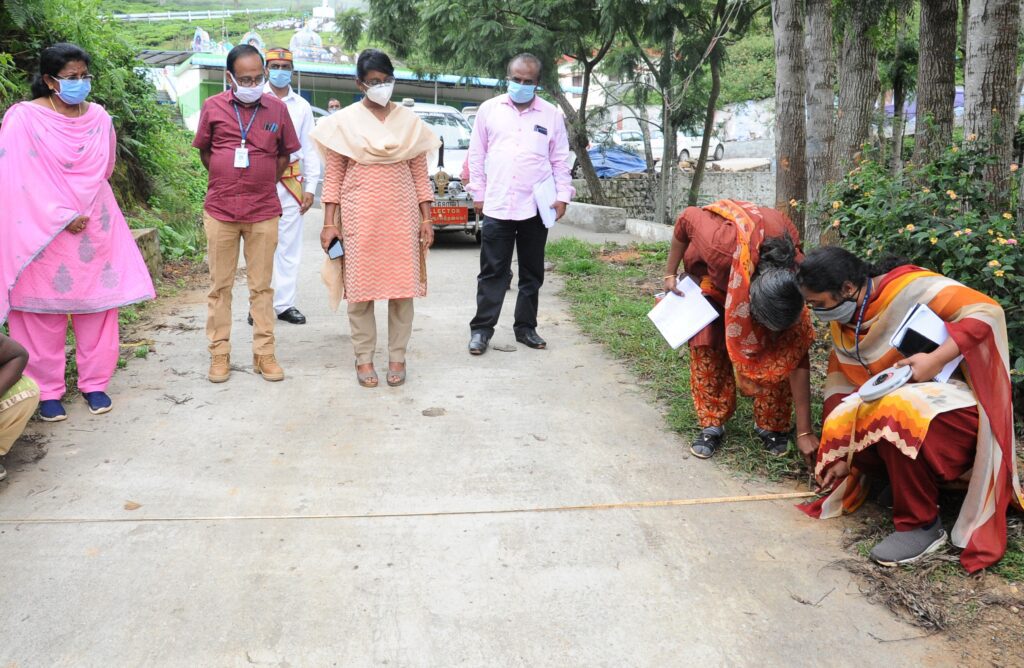
Keeping this in mind, the collector has started an ITI for the dropout students from class 10 and 8. It has a capacity for 150 students with residential facility. After getting them trained, her office ensures that they set up their business. Mostly, these youth develop brick making as their main skill.
Investing in Human Resources
Providing proper nutrition to the tribals is another big task for the administration. One out of two tribal children suffer from malnutrition. Ms. Divya has started a slew of community kitchens for the children as well as the pregnant woman. She also encourages her staff to adopt one anganwadi each in their areas. She said, “Many officials of mine have adopted the anganwadis. It costs around 6000 rupes per month. With this money nutritive foods like raisins, almond, ghee and other items are sent to them. I am really thankful to my staff that their efforts are making this program a great success.”

